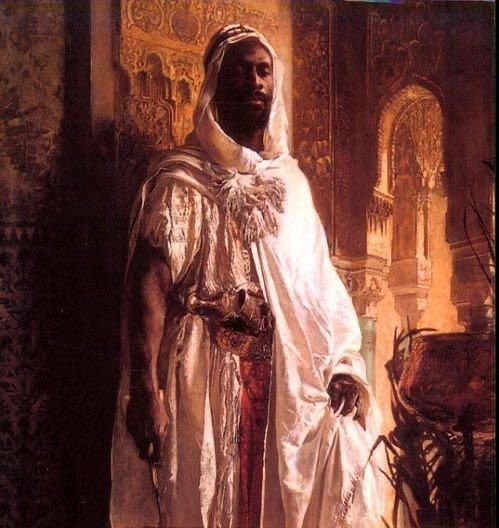In the grand narrative of European history, the presence and contributions of Africans have often been marginalized or overlooked. Olivette Otele’s seminal work, African Europeans: An Untold History, seeks to rectify this omission by illuminating the lives and legacies of Africans in Europe from antiquity to the present day. Through meticulous research and compelling storytelling, Otele challenges the conventional Eurocentric perspective, revealing a more inclusive and accurate portrayal of Europe’s past.
A Personal Journey into History
Olivette Otele, the first Black woman to become a history professor in the United Kingdom, brings a unique and deeply personal perspective to her work. Born in Cameroon and raised in France, Otele’s own experiences of navigating identity and belonging in Europe inform her scholarly pursuits. Her motivation to explore the intertwined histories of Africa and Europe stems from a desire to understand the roots of racism and to highlight the longstanding presence of Africans in European societies.
Rewriting the Historical Narrative
African Europeans traverses over two millennia, beginning with figures like Septimius Severus, the Roman emperor of North African descent, and extending to contemporary individuals of African heritage in Europe. Otele meticulously documents the lives of both prominent and ordinary African Europeans, demonstrating their integral roles in shaping European culture, politics, and society. By doing so, she dismantles the myth that Africans are recent arrivals to Europe and instead presents a continuous and rich history of African presence on the continent. Amazon
Challenging Perceptions of Race and Identity
A central theme in Otele’s work is the fluidity of racial identities throughout European history. She illustrates how concepts of race were not always rigid and that Africans in Europe were often integrated into various aspects of society. However, with the advent of the transatlantic slave trade and colonialism, racial hierarchies became more entrenched, leading to the marginalization of African Europeans. Otele’s analysis provides a nuanced understanding of how race and identity have evolved and been constructed over time. Foreign Affairs
Highlighting Individual Stories
Otele brings to light the stories of numerous African Europeans whose lives have been largely forgotten. For instance, she discusses the life of Alessandro de Medici, the first Duke of Florence, who was of African descent, and the remarkable achievements of Queen Amanirenas of Kush, who led a successful military campaign against the Romans. By focusing on individual narratives, Otele humanizes history and emphasizes the diverse experiences of Africans in Europe. teamqueens.org
Contemporary Relevance
The publication of African Europeans coincided with a global reckoning on race and history, particularly in the wake of the Black Lives Matter movement. Otele’s work contributes to this discourse by providing historical context to contemporary issues of racism and identity. She argues that understanding the historical presence and contributions of Africans in Europe is essential to addressing systemic inequalities and fostering a more inclusive society. teamqueens.org
Critical Reception
African Europeans has been widely acclaimed for its scholarly rigor and accessible prose. The Guardian praised it as “a fascinating history, with a memorable cast of characters,” noting its success in bringing to life the stories of Africans who had a vital presence in European life. Similarly, the London School of Economics Review of Books described it as “a thrilling and informative read,” highlighting its value to both scholars and general readers. teamqueens.orgThe GuardianLSE Blogs
Conclusion
Olivette Otele’s African Europeans: An Untold History is a groundbreaking work that reshapes our understanding of European history by centering the experiences and contributions of Africans. Through detailed research and engaging narratives, Otele not only fills a significant gap in historical scholarship but also provides a framework for reexamining contemporary issues of race and identity. Her work stands as a testament to the importance of inclusive history and the power of storytelling in fostering a more equitable society.
Further Reading and Resources:
- African Europeans by Olivette Otele review – when race mattered less
- Book Review: African Europeans: An Untold History by Olivette Otele
- African Europeans: An Untold History – Amazon

